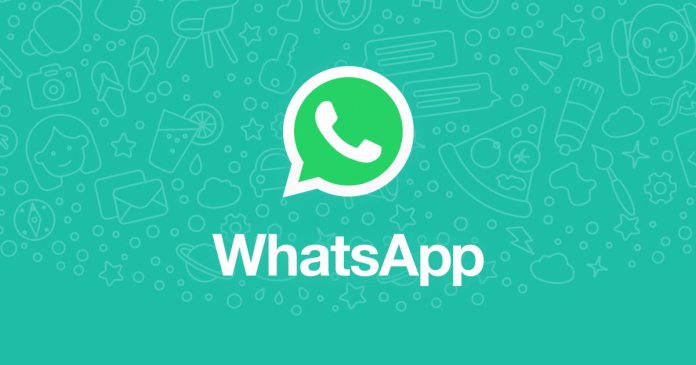This should, in theory, reduce the message chaining that can lead to successful, widespread disinformation campaigns. Last year, the platform introduced the double arrow feature, which highlights messages that have been forwarded many times, and it’s to these the restrictions will be applied. In the process, though, Facebook’s platform could be limiting the spread of information that’s accurate and useful. Health advice, news and statistics, and event organization for frontline workers can all fall into this category. The specificity of the restrictions should help with this, but there will be a small price to pay. To make up for this potential information gap, WhatsApp says it’s working with WHO and up to 20 national health ministries to deliver accurate information. It’s taking the burden of messaging upon itself and says it’s sent information to hundreds of millions skin for advice. In the past, it’s proven an effective tactic. “As a private messaging service, we’ve taken several steps over the years to help keep conversations intimate,” said the company. “For example, we previously set limits on forwarded messages to constrain virality. At the time, we saw a 25% decrease in total message forwards globally.” Indian users, in particular, have noted issues with message spam in the past. Facebook’s messaging platform is intensely popular in the country, and election periods have been a particular pain point. Around a year ago, it unveiled Project Tipline, which users in the region can forward messages to for fact-checking. However, with Tipline, some publications noted hours of delays or no response at all. There are so many seeking information on coronavirus that it’s clear the automated response is the right one here.




